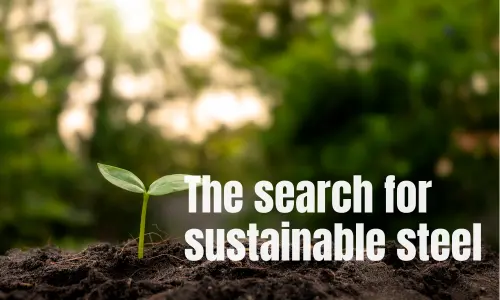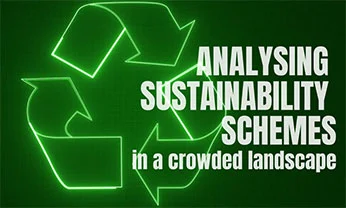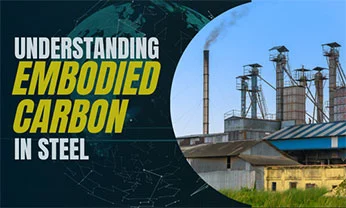Sustainable Constructional Steel Certification Scheme
See all ACRS SCS Certificate holdersWhat is the Sustainable Constructional Steel
Certification Scheme?
The Sustainable Constructional Steel Certification Scheme (SCS Scheme) ensures that construction steel - entering or being used in the Australian and New Zealand market from locally or anywhere in the world - meets the highest global environmental, social and ethical standards, using independent certification of ESG criteria and performance indicators. In so doing, it seeks to improve the environmental, social, and economic management of steel producers and processors, as well as improving the performance of products.
The Scheme aligns to the UN’s Sustainable Development Goals 'The Global Goals’ and is unique in the market for measuring and monitoring a comprehensive range of criteria through the global supply chain, including ethical business practices; modern slavery, human rights and labour conditions; environmental impacts (including circular economy and climate change); fair supplier treatment and the socio-economic impacts of the steel value chain. The Scheme supports Carbon Footprint reporting and Environmental Product Declarations (EPDs), including Life Cycle Analysis (LCA) and reporting of Global Warming Potential (GWP).
primary producers For Processors
and Traders Mesh producers,
cut & bend operators,
steel traders & distributors
The SCS Scheme is also recognised by the Green Building Council of Australia (GBCA) under its Responsible Products program, which in turn is used for credits in Green Star certification. The SCS Scheme has achieved Best Practice across five Responsible Product Guidelines categories. See more on using SCS Scheme for Green Star certification below.
“Customers and end users – especially governments and the public – want to know what impact a project has had, and use ethically and sustainably sourced materials to minimise their emissions footprint.
The SCS Scheme ensures their steel meets stretching sustainability criteria set out by highly regarded bodies such as the GBCA, giving them confidence over their choices.” - Dr Andrew Wheeler, ACRS
Products certified under the SCS Scheme are automatically approved inputs for a range of additional international building and infrastructure rating systems through upstream global supply chains, including
What sets the SCS Scheme apart is the thorough nature of the certification and its international recognition and application. If comparing ESG schemes, be aware of greenwashing and sub-standard schemes, and ensure the following minimum criteria are met (see more on picking a sustainability scheme here >):
Best-practice inclusions
SCS Scheme
- Aligns to globally-recognised sustainability goals e.g. UN’s Global Goals and is itself internationally recognised
✓
- Is accepted by many national and local rating systems & governments; supported by peak local technical bodies
✓
- Achieves maximum credits towards Green Star
✓
- Reviews end-to-end supply chain; offers 100% traceability on all verified products from manufacture to site, e.g. via on-product bar marking and digital product labelling
✓
- Is undertaken by impartial third-party, independent of steel industry; is transparent
✓
- Ongoing checks, with fixed-term certification
✓
- Considers ethical business practices, including fair supplier treatment and socio-economic impact of value chain
✓
- Considers modern slavery, human rights and labour conditions
✓
- Considers environmental impacts and responsible production (including circular economy and climate change), by reviewing:
Raw material data
Transport data
Production data
Life cycle emissions data
✓
- Supports Carbon Footprint reporting and Environmental Product Declarations (EPDs), including Life Cycle Analysis (LCA) and reporting of Global Warming Potential (GWP)
✓
- Run by not-for-profit, consumer-driven body
✓
- Accredited by JAS-ANZ or equal accreditation body
✓
- Can be undertaken as part of Product and other certification, to save on costs & resources
✓
- Is clear, simple process providing technical clarity around certification; supports continued testing and evaluation for approval
✓
- Is easily publicly accessible to designers, specifiers, end-users allowing them to responsibly source products; is digitally verifiable i.e. fraud-proof
✓
- Supports producer/processor & industry benchmarking and improvement
✓
- Provides steel producers/processorswith competitive advantage
✓
- Supports producers/processors to improve the performance of products & operational efficiencies
✓









